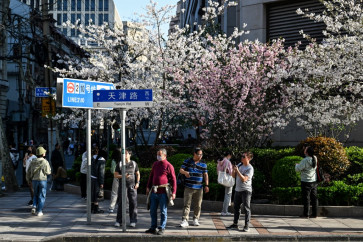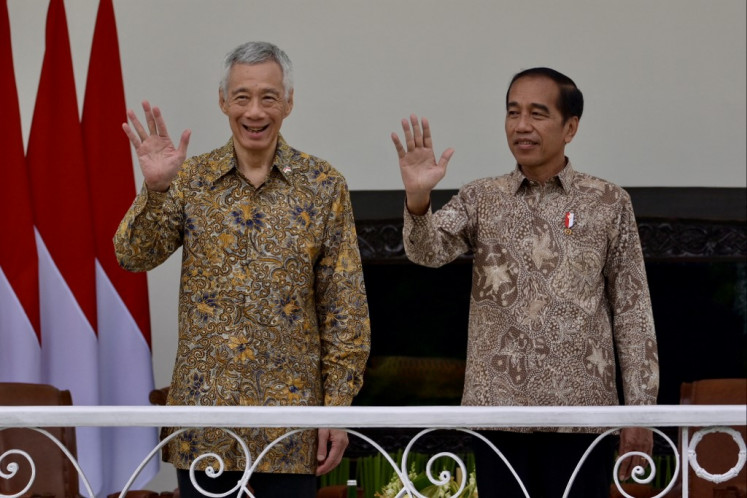ACFTA help the country's economy grow but...
Indonesia is not a closed country
Change Size

Indonesia is not a closed country. The archipelago is open in terms of economics, politics and culture.
While it is commonly believed that healthy competition bene-fits consumers, and make local producers more efficient, the implementation of the ASEAN-China Free Trade Agreement (ACFTA) could threaten the domestic industry.
Before the ACFTA was enacted, cheap products from China were already flooding the domestic market, causing prices of local products to plummet.
"Cheap products from China will potentially reduce the price of local clothing in the country, if Chinese products end up being cheaper," said head of the Central Bureau of Statistics Rusman Heriawan, as quoted by vivanews.com on Monday.
Goods manufactured in China, including electronic, plastic and household products, have penetrated the local market for years. More recently, Chinese motorcycles and cars have entered Indonesia's automotive industry, and China has also started exporting printed batik textiles to Indonesia.
Meanwhile, head of Banyumas Trade Office Toto Budi S. said a number of Chinese products had started penetrating the regency.
"Yesterday I walk into one of the boutiques in Purwokerto and came across Chinese-made batik fabrics. They were much cheaper than Banyumas batik. This was to be anticipated," Toto said as quoted by Antara on Monday.
Head of the Banyumas Industry, Trade, and Cooperatives Agency Abdullah Muhammad cited rubber sandals from the Banaran area as one of businesses most vulnerable to the implementation of the ACFTA.
"Slippers manufactured in China are much cheaper than Banaran sandals, so we continually encourage craftsmen to improve the quality of their products," he said.
He added he would discuss the matter further with officials at the provincial level to prepare for the effect the ACFTA might have in Banyumas.
"As it happens, we will be attending a meeting tomorrow at the provincial level to discuss how the enforcement of the ACFTA might be perceived here," he said.
The Indonesian Chambers of Commerce and Industry (Kadin) has asked the Indonesian government to protect local products faced with an influx of Chinese-manufactured products.
Kadin vice chairman Ketut Suardhana Linggih said incentives or policies favoring local businesses could be implemented.
"The government does not have a strategy to protect local products," Ketut complained.
According to Ketut, developed countries have also put in place many mechanisms to protect their local industries. Protection could be given to certain products such as textile and batik.
Meanwhile, M. Ikhsan Modjo, the director of the Institute for Development of Economic and Finance (INDEF), said ACFTA would probably increase economic growth in Indonesia's but also unemployment.
"Unemployment will rise, widening the gap *between the rich and poor*," Ikhsan said last week.
INDEF predicted economic growth would increase to 5.3 percent, as compared to 4.5 percent in 2009.
Ikhsan added that around 1 million people might lose their jobs because of the ACFTA.
-JP/A. Junaidi









